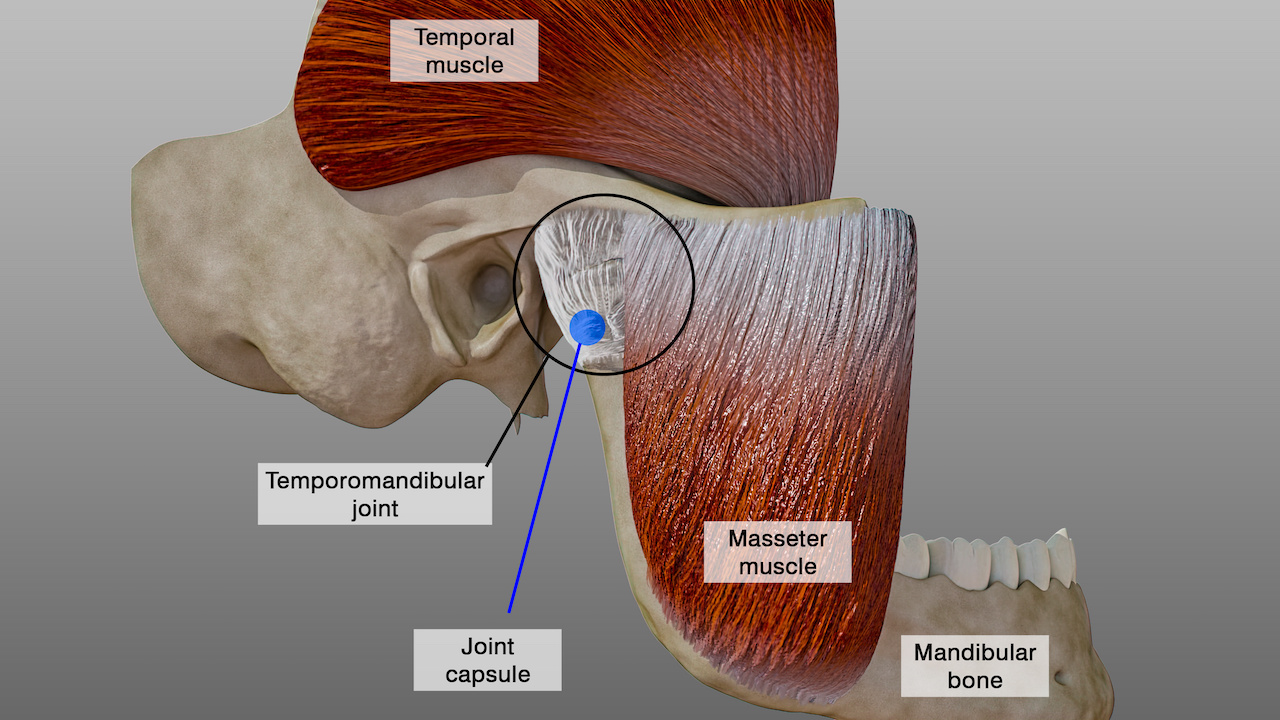- Crowns and caps
- Bridges
- Braces
TMJ Therapy

Problems with your jaw joint are usually mild and temporary. Sometimes, though, they can be painful and persistent. If you have difficulty opening and closing your jaw or pain in your jaw joint, you might have a temporomandibular disorder or TMD. Many people call this disorder TMJ because it is the temporomandibular joint that is affected. Want to know more about TMJ/TMD? Your dentist at Jane Clair Dental can explain it!
What Is TMJ Therapy?
TMJ, more correctly called TMD, is a disorder of the jaw joint or muscles surrounding it. The temporomandibular joint is a special kind of joint that exists nowhere else in the body. It not only hinges up and down, but it also slides side to side. This joint can sometimes start working improperly and cause pain or problems chewing or talking.
Who Gets TMJ and Why?
Scientists have not yet determined the cause, although it can happen after a trauma such as a blow to the head or neck or whiplash. However, in most cases, the cause is less obvious. Women are more likely to have TMJ, although researchers are still exploring possible reasons that this might be so. It may be caused by teeth grinding or clenching as well.

Symptoms of TMJ/TMD
Are you wondering if you have a TMJ disorder? Your dentist can examine your mouth and jaw joint and make a diagnosis. Here are some of the symptoms to watch for:
- Jaw pain or tenderness
- Pain in face, necks, shoulders or ear
- Difficulty opening your mouth wide
- Jaws that stick open or closed
- Popping or clicking sounds
- Face feels tired
- Trouble chewing
- Swelling inside of the face
- Nightguards for TMJ
Your dentist can help you with TMJ by supplying you with a special nightguard for TMJ/TMD. The nightguard holds your jaw in a position to relieve pressure on the joint and prevent you from grinding or clenching your teeth. The effects of wearing this splint overnight not only help you sleep better, but also improves your condition during the day when you’re not wearing it. Your dentist takes an impression of your teeth and sends it to the dental lab so your nightguard can be custom made for you.
